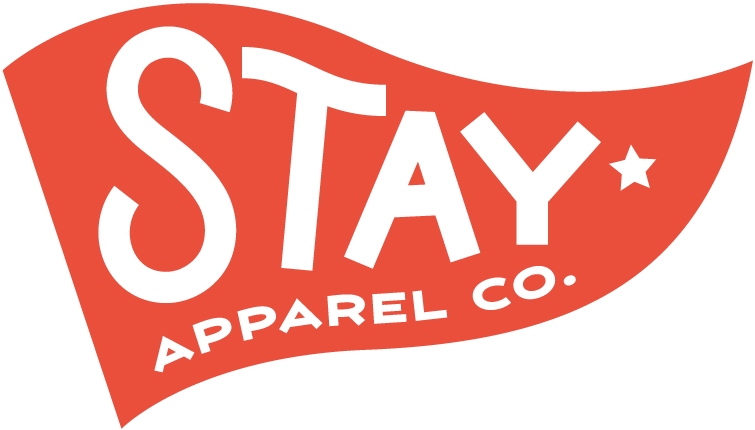Coronavirus pandemic offers head-turning lesson in importance of Made in the USA
The coronavirus is changing our lives daily, certainly for the worse in the short term. The immediate focus has to be on minimizing the harm to people, companies and communities. Where this shakes out is anyone’s guess.
But longer term, positive structural changes will be required to address the shortcomings that this fight is exposing. One notable but unsurprising example: U.S. dependence on imports.
The country of origin of surgical masks and pharmaceutical supplies literally could prove to be a fatal flaw in America’s battle against the pandemic.
Last fall, Stay was the subject of an article on the Alliance for American Manufacturing website. I noted that only 3 percent of apparel sold in the U.S. is made here.
“It’s devastating to jobs and communities, and I would go as far to say that it’s a national security risk when you rely on other countries to make everything for you,” I said.
Pardon the self-quoting, but the pandemic has confirmed that risk writ large.
From an article in The New York Times:
“Chinese pharmaceutical companies have supplied more than 90 percent of U.S. antibiotics, vitamin C, ibuprofen and hydrocortisone, as well as 70 percent of acetaminophen and 40 to 45 percent of heparin in recent years.”
China makes almost half of the world’s supply of masks. We have had to turn to China to address a criminal shortage of ventilators in our country.
We can blame China’s lax labor and environmental standards and heavy government subsidies for some of the trade imbalance. But the next time you’re standing over the sink with a bottle of Chinese-made aspirin, cast your gaze ahead into the mirror.
For too long, American consumers have bought into brands that have sold us out by shifting production outside of the United States, hollowing out our economy and making us dependent on countries that don’t have our interests at heart.
We’ve been on a decades-long descent into the abyss of ever-lower prices as though there’s no negative consequence.
To be fair, offshoring has sometimes been a matter of survival for American companies. But then there are the products, from sneakers to laptops, that still fetch premium prices despite the cheap overseas labor that made them.
Bottom line, we don’t make enough things in the United States. It’s been true for a long time, but now it should be evident to everyone as we struggle to provide doctors and nurses with the tools they need to protect themselves as they work to protect us.
There’s a line in a song by the Canadian band The Tragically Hip: Someone’s paying when something’s too cheap.
Tragically, some people might be paying with their lives.

